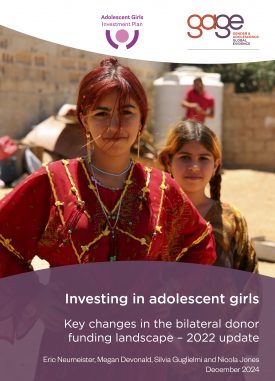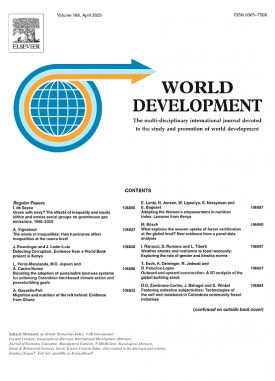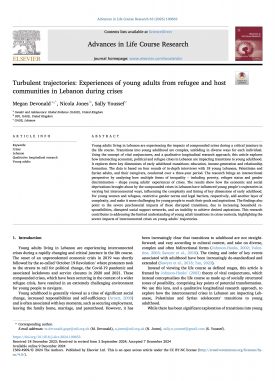Psychosocial well-being for Rohingya and Bangladeshi adolescents in Cox’s Bazar, Bangladesh remains fraught. In addition to collectively carrying the trauma of displacement and statelessness, the Rohingya face daily environmental stressors including difficulty in obtaining basic needs, congested living arrangements, limited privacy, perceived insecurity and a lack of livelihood opportunities which have adverse effects on well-being. UNHCR notes that one-third of refugee families have at least one protection vulnerability requiring specialised attention, and while significant progress has been made by the humanitarian response in addressing vulnerabilities, the 2020 Joint Response Plan for the Rohingya Crisis highlights that the need for scaled-up psychosocial support services for boys and girls under 18, ‘remains urgent’.
Negative coping mechanisms due to poverty and lack of livelihood prospects also plague the current and future well-being of Bangladeshi adolescents residing in host communities, comprising child labour for boys – including hazardous work – and child marriage for girls; as well as a perceived deterioration in the security environment. Notwithstanding progress in amplifying community-based protection programmes and improving the uptake of dedicated services, stronger community buy-in will be needed to ensure that gaps are addressed.
Drawing on data from the Gender and Adolescence: Global Evidence (GAGE) study nested within the larger Cox’s Bazar Panel Study, this policy brief discusses the psychosocial risks facing adolescent girls and boys from Rohingya refugee and Bangladeshi host communities. It concludes with recommendations to accelerate progress towards addressing critical protection gaps for adolescents as the Rohingya crisis becomes more protracted.
Suggested citation
Guglielmi, S., Jones, N., Muz, J., Baird, S., Mitu, K. and Ala Uddin, M. (2020) ‘How will my life be?’: Psychosocial well-being among Rohingya and Bangladeshi adolescents in Cox’s Bazar.’ Policy Brief. London: Gender and Adolescence: Global Evidence. (https://www.gage.odi.org/publication/psychosocial-well-being-among-rohingya-bangladeshi-adolescents/)


